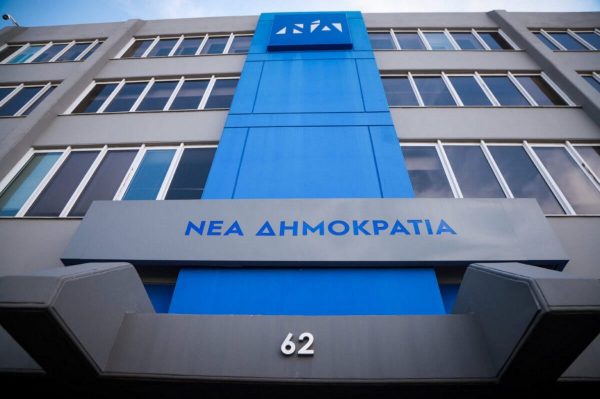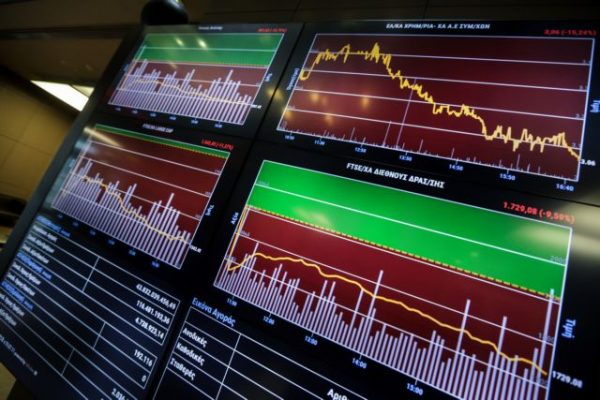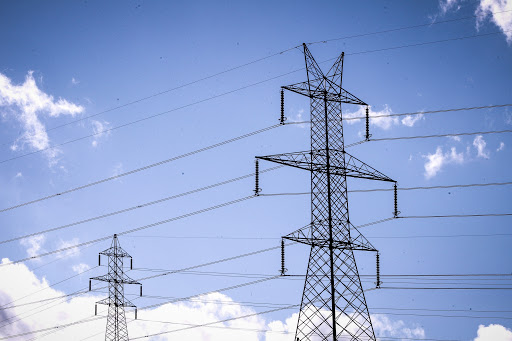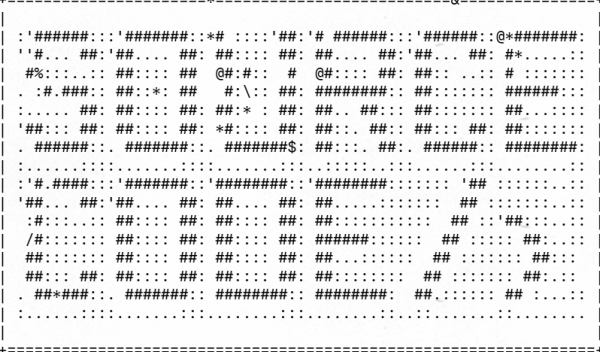
The European Commission sent a letter of formal notice to Greece for failing to comply with the EU railway safety laws (the Railway Safety Directive, Directive 2016/798).
The EC considers that there have been longstanding shortcomings in the implementation of a relevant directive since its entry into force. The failings are dubbed as systemic that stem from a lack of safety culture within the organizations involved.
The Commission notes that following the report by the European Agency for Railways of the state of implementation and application of Union rail legislation in Greece, the Greek government adopted an Action Plan, following consultations and in agreement with the Commission services.
The statement posted on the EC’s site reads: “The Action Plan offers a basis to address the shortcomings, and there is good progress in its implementation, with Greece reporting bi-monthly to the Commission on progress made. Nevertheless, shortcomings in the implementation of the Directive continue to persist. The Commission is therefore sending a letter of formal notice to Greece, which now has two months to formally respond and address the shortcomings raised by the Commission. In the absence of a satisfactory response, the Commission may decide to issue a reasoned opinion.”
Meanwhile, the Commission also urged Greece to implement individual aircraft identification requirements for air traffic management and air navigation services.
As it notes, Greece failed to implement the required aircraft identification technology, as mandated by EU Regulation 2017/373, which governs air traffic management and navigation systems. This capability is crucial for enhancing surveillance services and increasing the efficiency of air traffic control, by ensuring more precise aircraft tracking. Despite an agreement in 2020 between the European Union Aviation Safety Agency (EASA) and the Hellenic Civil Aviation Authority (H-CAA) to procure, install, and commission the necessary radar systems, the corrective action remains pending.
Tempi Train Collision, More Near Misses
The news, unfortunately, will come as no surprise to Greeks and stands as a bitter reminder of the deadly Tempi train collision on February 28, 2023, which claimed the lives of 57 people, mostly young, and injured dozens more.
The collision occurred when a passenger train traveling from Athens to Thessaloniki collided head-on with a freight train on the same track. Both trains were traveling at high speeds, and the impact caused significant destruction, including a fire in the passenger cars.
Preliminary investigations indicated that the accident was caused by human error and systemic failures, which were exacerbated by poor maintenance, lack of modern signaling systems, and outdated safety measures. Automated safety systems and rail technology upgrades had been delayed for years due to mismanagement and underfunding.
Since the disaster, media reports reveal that several other ‘near misses’ have occurred, which again highlight the longstanding weaknesses in Greece’s transportation infrastructure and need for modernization to prevent such tragedies in the future.
Source: Tovima.com
Latest News

PM Mitsotakis to Chair New Democracy’s Committee Meeting
Today’s meeting is seen as a crucial opportunity to halt internal disputes within ND and reaffirm unity within the party.

Trump Tariffs Jeopardize Growth: Piraeus Chamber of Commerce
The tariffs, aimed at reducing the U.S. trade deficit, are expected to have both direct and indirect effects on the European economy

EU Condemns Trump Tariffs, Prepares to Retaliate
As tensions escalate, the EU is expected to continue negotiations with Washington while preparing for potential economic retaliation.

The Likely Impact of Trump Tariffs on Europe and Greece
Trump tariffs are expected to negatively affect economic growth in the Eurozone while Greece's exports could take a hit.

Motor Oil Results for 2024: Adjusted EBITDA of 995 mln€; Proposed Dividend of 1.4€ Per Share
Adjusted EBITDA for 2024 was down 33% yoy. The adjusted profit after tax for 2024 stood at 504 million euros, a 43% decrease from the previous year

Cost of Living: Why Greece’s 3% Inflation Is Raising Alarm
Greece appears to be in a more difficult position when it comes to price hikes, just as we enter the era of Trump’s tariffs.

Fitch Ratings Upgrades the Four Greek Systemic Banks
NBG’s upgrade reflects the bank’s ongoing improvements in its credit profile, Fitch notes in its report, including strong profitability, a reduction in non-performing exposures (NPEs), and lower credit losses

Trump to Announce Sweeping New Tariffs Wednesday, Global Retaliation Expected
With Trump's announcement just hours away, markets, businesses, and foreign governments are bracing for the fallout of one of the most aggressive shifts in U.S. trade policy in decades.

Inflation in Greece at 3.1% in March, Eurostat Reports
Average inflation in the eurozone settled at 2.2%, compared to 2.3% in February

Greece’s Unemployment Rate Drops to 8.6% in February
Despite the overall decline, unemployment remains higher among women and young people.
























![ΕΛΣΤΑΤ: Αυξήθηκε η οικοδομική δραστηριότητα κατά 15,6% το Δεκέμβριο [πίνακες]](https://www.ot.gr/wp-content/uploads/2025/03/DSC9655-2-1024x569-1-90x90.jpg)

















 Αριθμός Πιστοποίησης
Αριθμός Πιστοποίησης